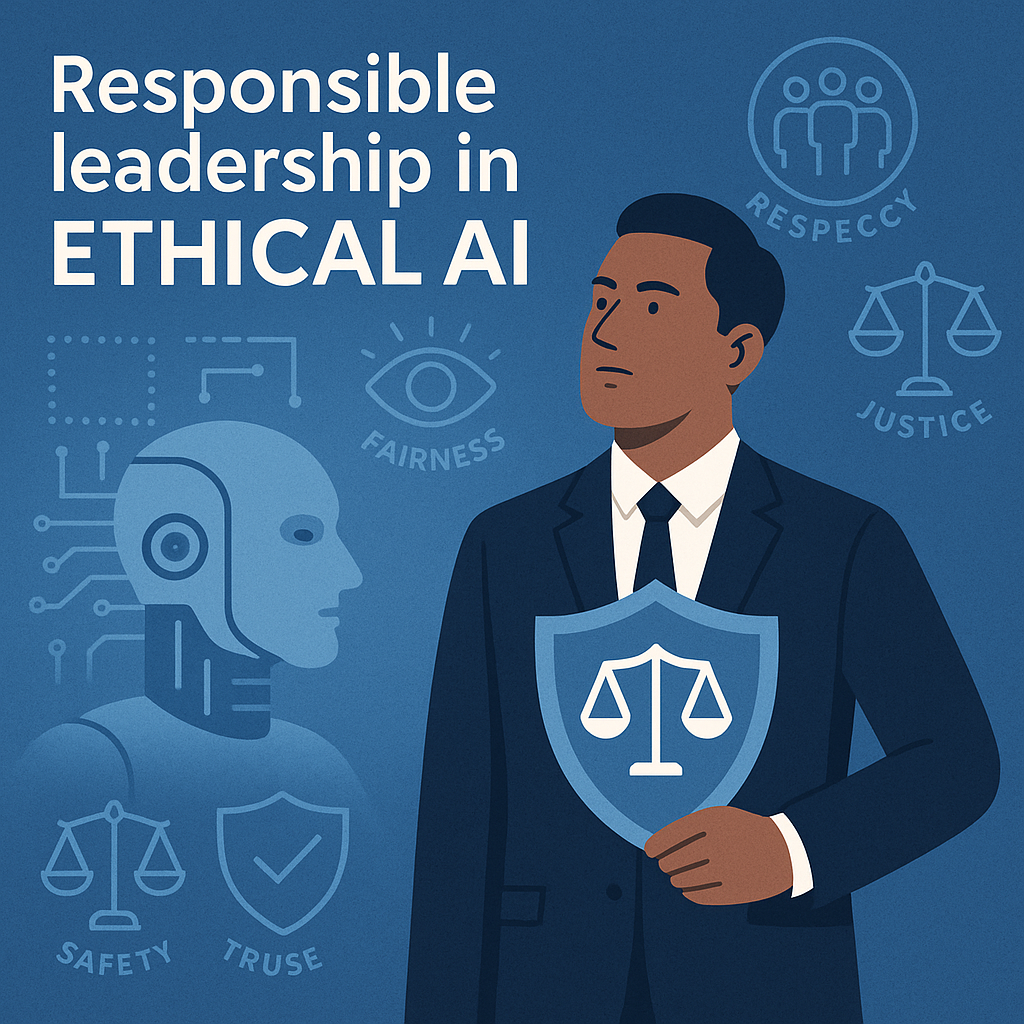Ethical Issues Case Study Examples
Examining ethical issues through case studies provides a practical and insightful approach to understanding complex moral dilemmas faced in various fields. Let’s explore some compelling examples that shed light on the importance of ethical decision-making:
The Volkswagen Emissions Scandal
In 2015, Volkswagen was embroiled in a scandal where it was revealed that the company had installed software in its diesel vehicles to cheat emissions tests. This deliberate deception not only violated environmental regulations but also betrayed consumer trust. The case raised questions about corporate responsibility, transparency, and the ethical implications of prioritizing profit over integrity.
The Stanford Prison Experiment
Conducted in 1971, the Stanford Prison Experiment aimed to study the psychological effects of perceived power dynamics in a simulated prison environment. However, the study quickly spiraled out of control as participants assigned as guards began exhibiting abusive behavior towards their peers acting as prisoners. This case highlights ethical concerns regarding research ethics, consent, and the potential harm caused by unchecked authority.
Facebook’s Data Privacy Controversy
In 2018, Facebook came under scrutiny for its handling of user data following revelations that personal information had been improperly shared with third-party companies like Cambridge Analytica. The incident sparked a global debate on data privacy, user consent, and the ethical responsibilities of tech giants in safeguarding sensitive information. It underscored the need for stronger regulations to protect individuals’ digital rights.
The Tuskegee Syphilis Study
From 1932 to 1972, the U.S. Public Health Service conducted an unethical study on African American men with syphilis in Tuskegee, Alabama. Participants were misled about their condition and denied proper treatment even after effective medication became available. This egregious violation of medical ethics exposed systemic racism, informed consent issues, and the lasting impact of unethical research practices on marginalized communities.
These case studies serve as poignant reminders of the complex ethical challenges that arise in diverse contexts. By examining real-world examples like these, we can deepen our understanding of moral decision-making processes and strive towards creating a more ethically conscious society.
9 Essential Tips for Navigating Ethical Issues in Case Studies
- Identify the stakeholders involved in the case study.
- Examine the ethical principles at play, such as fairness and integrity.
- Consider the potential consequences of different actions.
- Analyze any conflicts of interest present in the scenario.
- Evaluate how transparency affects decision-making in the case.
- Discuss cultural or contextual factors that may influence ethical decisions.
- Explore legal implications alongside ethical considerations.
- Reflect on past similar cases to draw parallels and insights.
- Propose alternative solutions and weigh their ethical merits.
Identify the stakeholders involved in the case study.
Identifying the stakeholders involved in an ethical issues case study is crucial for understanding the impact and implications of the situation. Stakeholders can include individuals, groups, organizations, or communities that have a vested interest in the outcomes of the case study. By recognizing and analyzing the perspectives and interests of these stakeholders, one can gain valuable insights into the ethical considerations at play, potential conflicts of interest, and the broader implications of decision-making on various parties involved. This holistic approach helps in fostering transparency, accountability, and ethical decision-making practices that prioritize the well-being of all stakeholders affected by the case study.
Examine the ethical principles at play, such as fairness and integrity.
When analyzing ethical issues within case study examples, it is crucial to delve into the underlying ethical principles at play, including concepts such as fairness and integrity. By scrutinizing how these principles are upheld or compromised in a given scenario, we can better evaluate the ethical implications of actions taken and decisions made. Fairness ensures equitable treatment for all involved parties, while integrity underscores the importance of honesty and adherence to moral values. Understanding how these ethical principles manifest in real-world situations enhances our capacity to navigate complex moral dilemmas with thoughtfulness and consideration for ethical standards.
Consider the potential consequences of different actions.
When analyzing ethical issues through case study examples, it is crucial to consider the potential consequences of different actions. By evaluating the outcomes that may result from various decisions, individuals can assess the ethical implications of their choices and make informed judgments. Understanding the ripple effects of actions in complex scenarios helps illuminate the significance of ethical decision-making and underscores the importance of weighing moral considerations against possible repercussions. This critical reflection on consequences serves as a guiding principle in navigating ethical dilemmas with thoughtfulness and integrity.
Analyze any conflicts of interest present in the scenario.
When examining ethical issues through case study examples, it is crucial to analyze any conflicts of interest present in the scenario. Identifying conflicts of interest helps uncover potential biases or motivations that may impact decision-making processes and ethical judgments. By scrutinizing the relationships and interests involved, one can assess the integrity and fairness of actions taken in the case study. Addressing conflicts of interest promotes transparency, accountability, and upholds ethical standards in navigating complex moral dilemmas.
Evaluate how transparency affects decision-making in the case.
Transparency plays a crucial role in influencing decision-making processes within ethical issues case studies. When evaluating how transparency affects decision-making in a case, the level of openness and honesty in disclosing information can significantly impact the ethical considerations at play. A lack of transparency can lead to mistrust, concealment of critical details, and moral ambiguity, potentially guiding individuals or organizations towards unethical choices. Conversely, a commitment to transparency fosters accountability, builds trust with stakeholders, and encourages ethical behavior by ensuring that decisions are made with full awareness of the implications and consequences. By examining the interplay between transparency and decision-making in ethical case studies, we gain valuable insights into the importance of openness and integrity in navigating complex moral dilemmas.
Discuss cultural or contextual factors that may influence ethical decisions.
When exploring ethical issues through case study examples, it is crucial to consider the cultural or contextual factors that can significantly impact ethical decision-making processes. Cultural norms, societal values, historical backgrounds, and organizational structures all play a role in shaping individuals’ perceptions of right and wrong. Understanding how these influences interact with ethical dilemmas can provide valuable insights into why certain decisions are made and how they are justified within specific cultural frameworks. By delving into these nuances, we can gain a deeper appreciation for the complexity of ethical considerations and work towards developing more inclusive and culturally sensitive approaches to addressing moral challenges across diverse settings.
Explore legal implications alongside ethical considerations.
When delving into ethical issues case study examples, it is crucial to not only analyze the moral dilemmas at hand but also to consider the legal implications that may arise. Exploring the intersection of legal frameworks with ethical considerations provides a comprehensive perspective on how decisions impact both societal norms and legal boundaries. By examining case studies through this dual lens, one can gain a deeper understanding of the complexities involved in navigating ethical challenges within a legal context, ultimately contributing to more informed and responsible decision-making practices.
Reflect on past similar cases to draw parallels and insights.
Reflecting on past similar cases is a valuable approach when exploring ethical issues through case study examples. By drawing parallels and insights from historical incidents like the Volkswagen emissions scandal, the Stanford Prison Experiment, Facebook’s data privacy controversy, and the Tuskegee Syphilis Study, we can uncover recurring themes, identify patterns of behavior, and gain a deeper understanding of the ethical implications at play. This reflective process not only enhances our critical thinking skills but also helps us apply lessons learned from past mistakes to navigate present-day ethical dilemmas with greater awareness and responsibility.
Propose alternative solutions and weigh their ethical merits.
When analyzing ethical issues through case study examples, it is crucial to not only identify the dilemmas at hand but also propose alternative solutions and carefully evaluate their ethical merits. By considering different courses of action and weighing their implications, one can gain a comprehensive understanding of the ethical complexities involved. This process not only fosters critical thinking but also encourages a deeper reflection on the values and principles that guide ethical decision-making in various scenarios.




